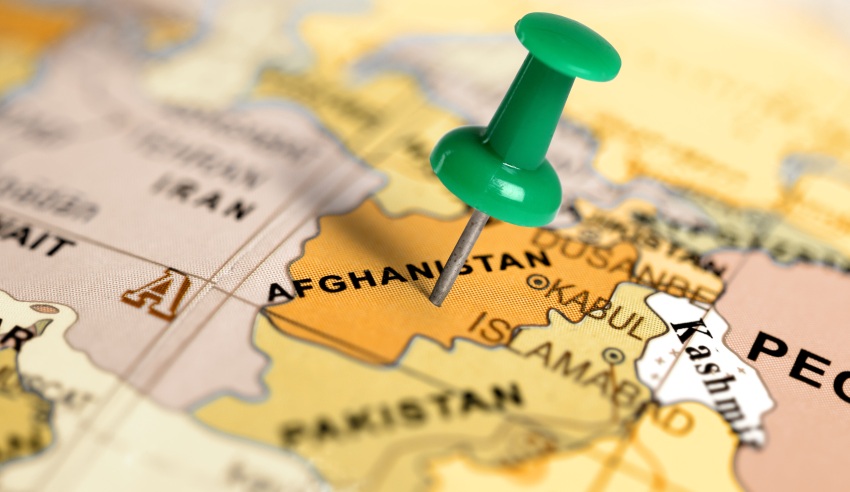The Foreign Affairs, Defence and Trade References Committee for Australia has released Australia’s engagement in Afghanistan: final report. The report makes several recommendations about how Australia can help those in need in Afghanistan and those seeking to leave the country.

The six recommendations cover funding, aid channels, the country’s “liquidity crisis”, visas to come to Australia, reviewing the Humanitarian Settlement Program, and settling refugees from Afghanistan in Australia.
He continued: “Generous Australian assistance will be critical in saving Afghan lives and stave off avoidable suffering, death and displacement.”
When considering how to help those wanting to flee Afghanistan, refugee quotas inevitably come under the spotlight.
Lawyers Weekly recently covered the 2022 budget allocation of places for refugees from Afghanistan. The article noted that the “additional allocation should, however, be viewed in the context that refugee places were cut in 2020’s budget, and many places went unused during COVID-19”.
One of the recommendations made in Australia’s engagement in Afghanistan: final report is to make communications and the process relating to visa applications better. The report lays out four points in relation to this recommendation, as follows:
Mr Power added that “the lack of communication is causing significant stress and anxiety for Afghan community members in Australia desperate to bring their family to safety”.
One lens for understanding the challenges facing those who want to leave Afghanistan, and migrants in general, is to view the issues as they relate to families.
Lawyers Weekly reported on the recent paper: Together in Safety: A report on the Australian Government’s separation of families seeking safety, in the article Family visa system in need of dramatic improvement, Senate inquiry finds.
The Together in Safety report highlights how damaging it is to separate families, and the inquiry preceding the report called on the Department of Home Affairs to consider changes to help migrant families.
The article stated: “A Senate inquiry has shown that the current legal system is failing to keep migrant families together, and bureaucracy is too often a roadblock.”